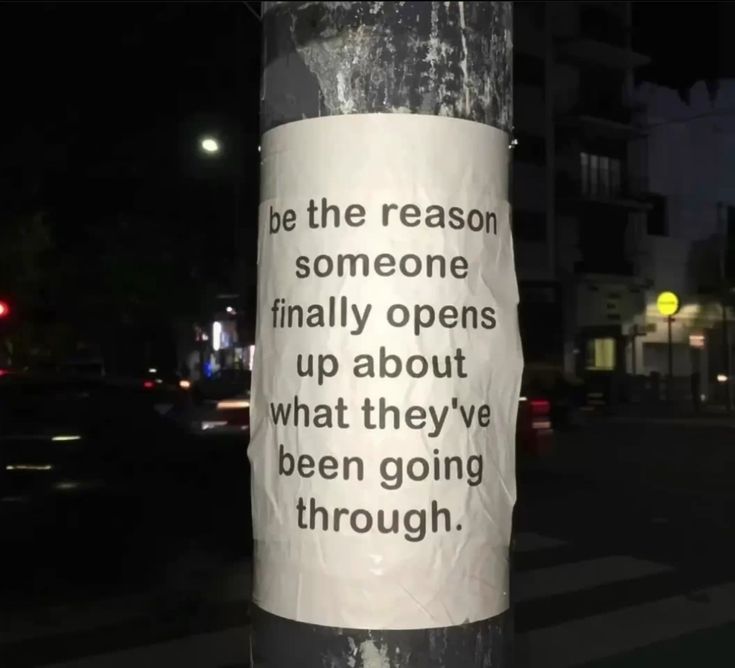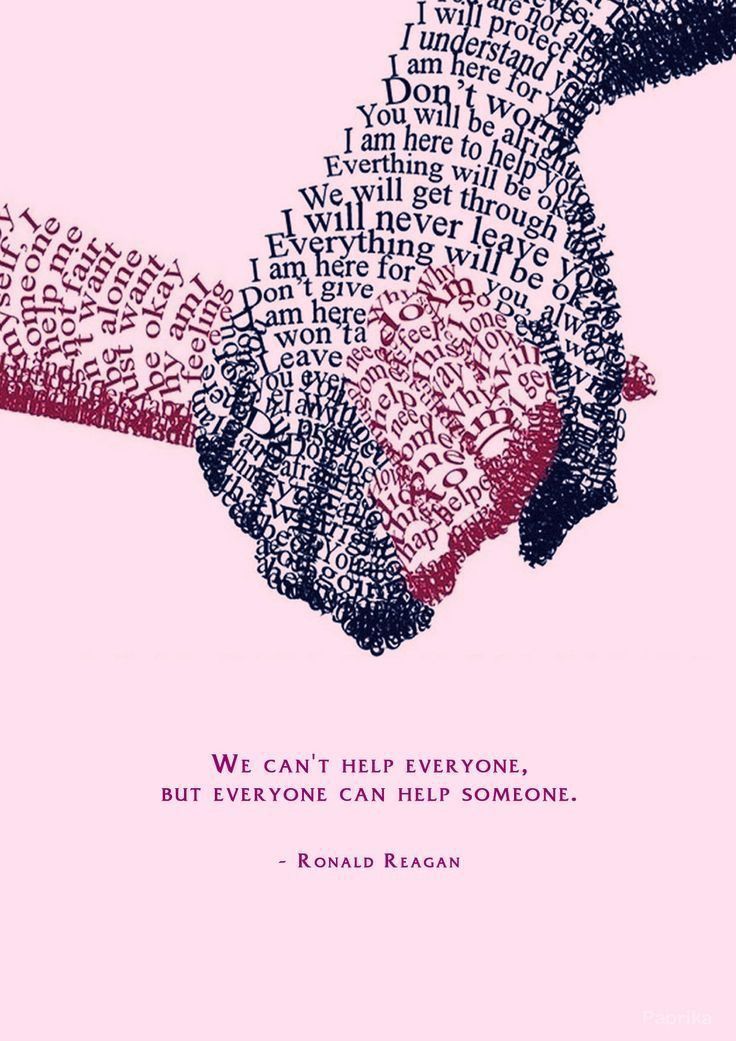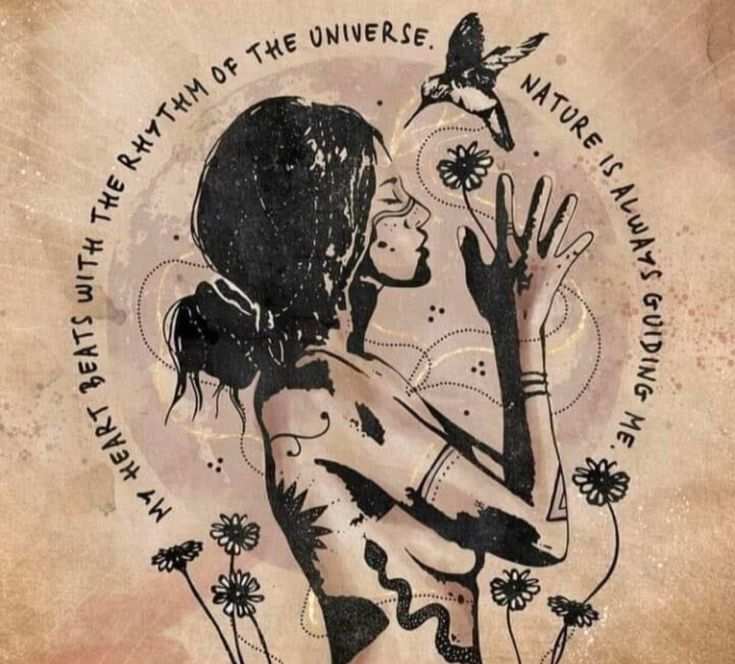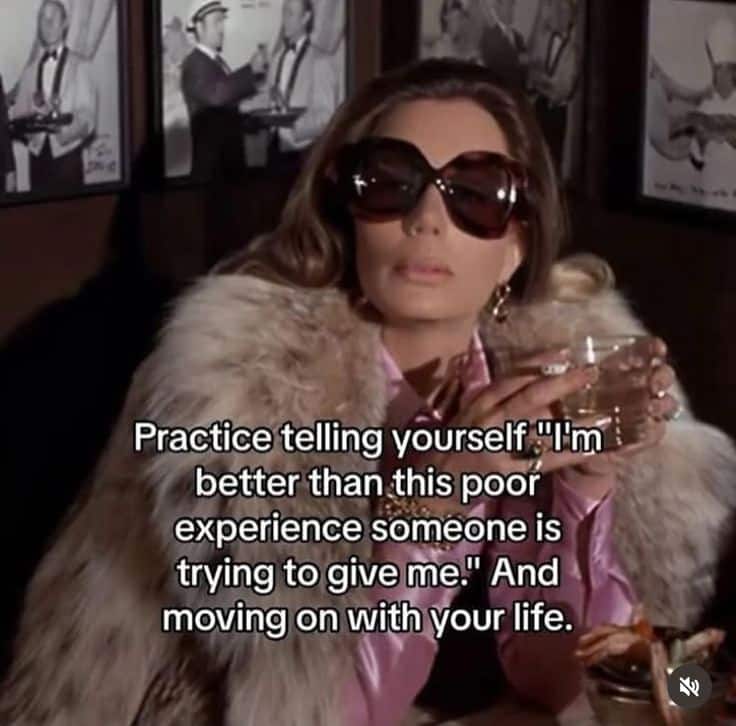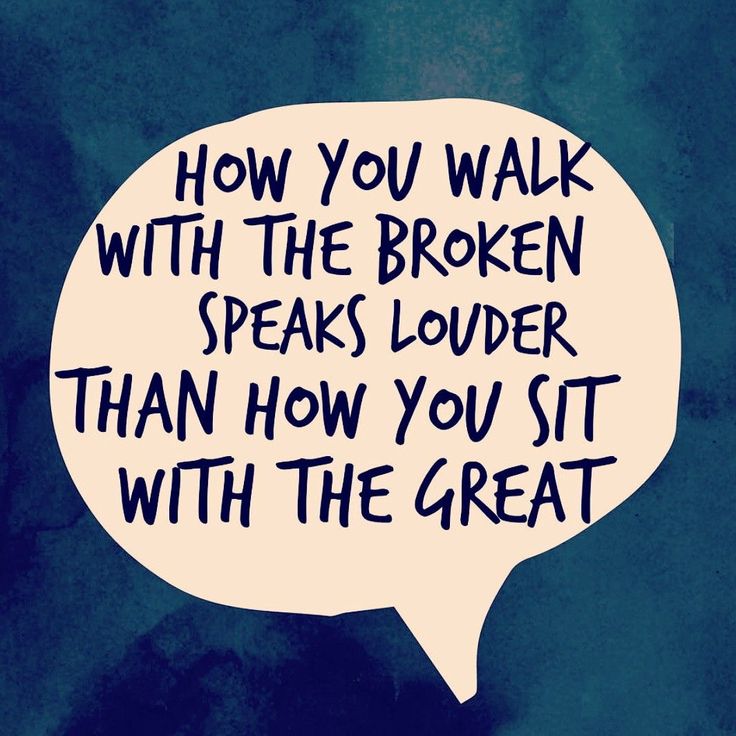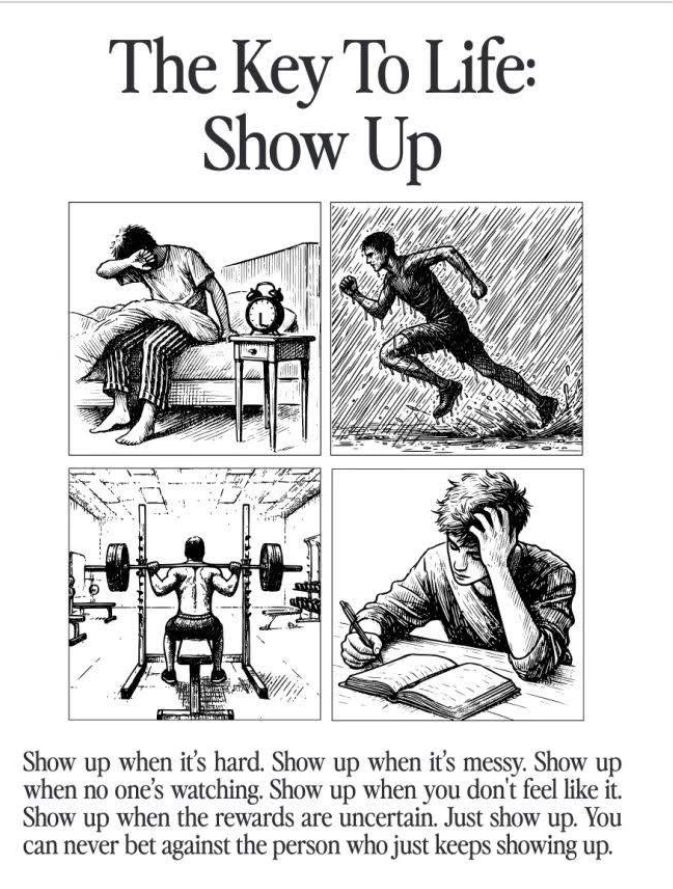“I have an extraordinarily low tolerance for pessimists. You should, too. This world is already difficult enough. We don’t need to be reminded of its difficulty. Instead, we need to be reminded that everything that has come before us was created by men and women who weren’t any more capable than you or me. We need to be reminded of what is possible, and we need to remind others of what is possible, too. May this be your reminder.”
Cole Schafer
“I think there’s something beautiful about being lucky enough to witness a thing on its way out.”
Becky Chambers, A Psalm For The Wild-Built (Page 99)
“There is only one way to read, which is to browse in libraries and bookshops, picking up books that attract you, reading only those, dropping them when they bore you, skipping the parts that drag – and never, never reading anything because you feel you ought, or because it is part of a trend or a movement. Remember that the book which bores you when you are twenty or thirty will open doors for you when you are forty or fifty-and vise versa. Don’t read a book out of its right time for you.”
Doris Lessing
“If you’re regularly having arguments with well-informed people of goodwill, you will probably ‘lose’ half of them–changing your mind based on what you’ve learned. If you’re not changing your mind, it’s likely you’re not actually having an argument (or you’re hanging out with the wrong people.) While it can be fun to change someone else’s position, it’s also a gift to learn enough to change ours. ‘Tell me about other strongly-held positions you’ve changed as the result of a discussion like this one…’ is a direct way to start a conversation about the argument you’re proposing to have. ‘What sort of information would make it likely you could see this in a different way?’ It probably doesn’t pay to argue over things we have chosen to believe as part of our identity.”
Seth Godin
“‘So, the paradox is that the ecosystem as a whole needs its participants to act with restraint in order to avoid collapse, but the participants themselves have no inbuilt mechanism to encourage such behavior.’ ‘Other than fear.’ ‘Other than fear, which is a feeling you want to avoid or stop at all costs.’ The hardware in Mosscap’s head produced a steady hum. ‘Yes, that’s a mess, isn’t it?'”
Becky Chambers, A Psalm For The Wild-Built (Page 96)
“Decay was a built-in function of the City’s towers, crafted from translucent casein and mycelium masonry. Those walls would, in time, begin to decompose, at which point they’d either be repaired by materials grown for that express purpose, or, if the building was no longer in use, be reabsorbed into the landccape that had hosted it for a time. But a Factory Age building, a metal building—that was of no benefit to anything beyond the small creatures that enjoyed some temporary shelter in its remains. It would corrode until it collapsed. That was the most it would achieve. Its only legacy was to persist where it did not belong.”
Becky Chambers, A Psalm For The Wild-Built (Page 90)
“Things that aren’t doing the thing:
- Preparing to do the thing isn’t doing the thing.
- Scheduling time to do the thing isn’t doing the thing.
- Making a to-do list for the thing isn’t doing the thing.
- Telling people you’re going to do the thing isn’t doing the thing.
- Messaging friends who may or may not be doing the thing isn’t doing the thing.
- Writing a banger tweet about how you’re going to do the thing isn’t doing the thing.
- Hating on yourself for not doing the thing isn’t doing the thing.
- Hating on other people who have done the thing isn’t doing the thing.
- Hating on the obstacles in the way of doing the thing isn’t doing the thing.
- Fantasizing about all of the adoration you’ll receive once you do the thing isn’t doing the thing.
- Reading about how to do the thing isn’t doing the thing.
- Reading about how other people did the thing isn’t doing the thing.
- Reading this essay isn’t doing the thing.
The only thing that is doing the thing is doing the thing.”
Loopy
“If you think you’re running 10 minutes late, text to say you’ll be 15 minutes late. That way the other person gets one disappointment and one pleasant surprise. Most people do the opposite: they say they’re 5 minutes late when it’s 10 and end up annoying the other and looking like total fools.”
Jacob Falkovich

